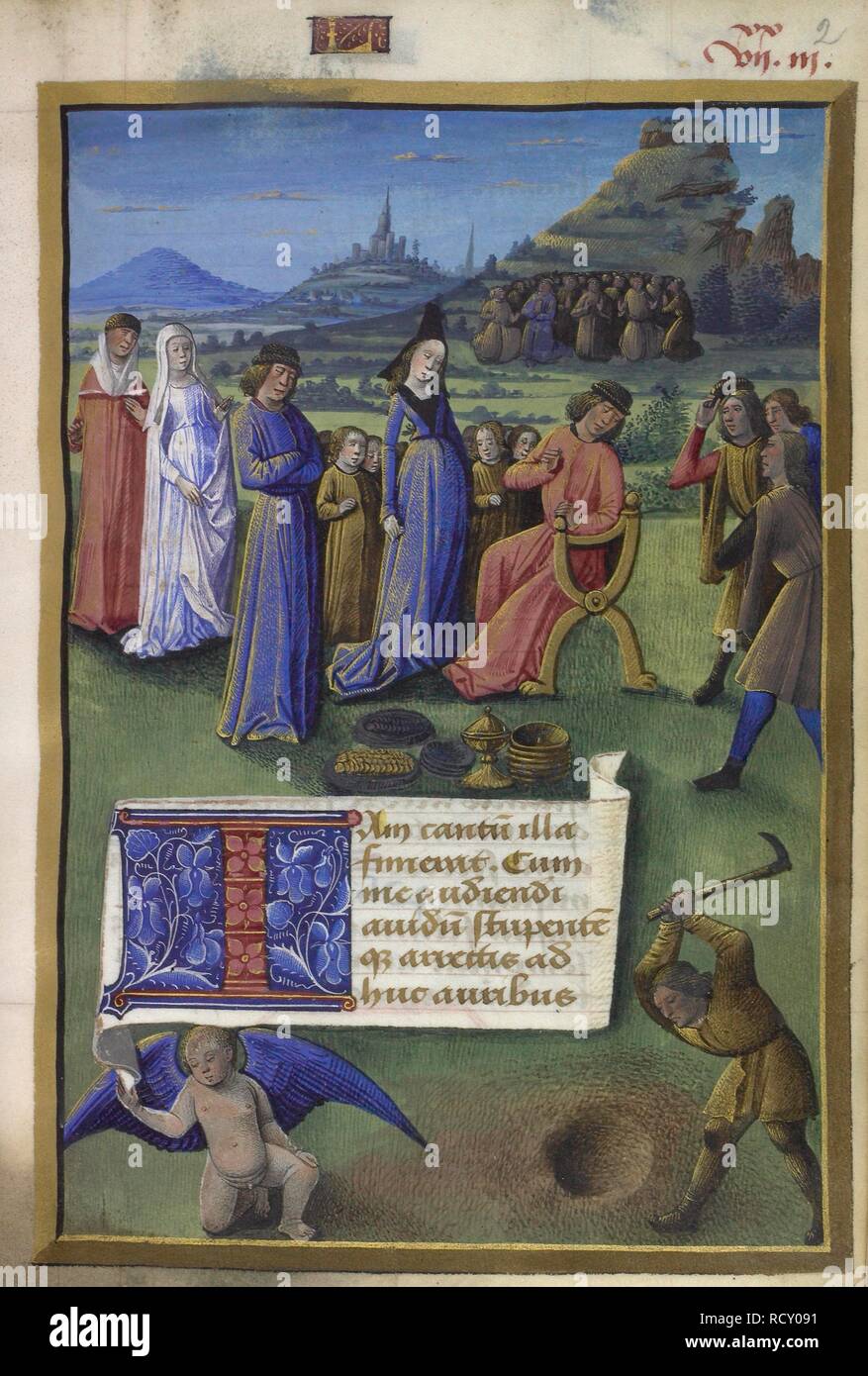
The book continued to be widely admired during the Renaissance and long after, with the English historian Edward Gibbon describing it as a “golden volume.” The Consolation of Philosophy was translated many times into English, including by such notables as Chaucer and Queen Elizabeth I.Boethius' Consolation of Philosophy is one of the few important philosophical texts that, like Plato's dialogues and Augustine's Confessions, are also highly wrought literary compositions. The verse sections also contain references to Homer, Virgil, and Greek mythology, making Boethius's links with the classical past even more apparent.īecause of the transitional place he holds in the history of thought, Modern scholars have described Boethius as the “last of the Romans and the first of the Scholastics.” Admired for its fine Latin style, Consolation became the most widely read book in the Middle Ages after the Bible, exerting a strong influence on such thinkers as St. Can man freely choose his actions, or does God ordain everything that will happen? Philosophy convinces Boethius that even things in life that seem to be due to chance are controlled by the rational plan of God, yet human beings still have freedom of will.Īlthough Boethius was a Christian, Consolation contains no mention of Christ or Christian doctrine instead, Boethius develops his argument on a strictly philosophical basis, using intellectual categories derived from Plato, Aristotle, and the Stoic philosophers. Although in this life it often appears that the good suffer misfortune while the wicked prosper, this is only an illusion from God's perspective, everything happens for a reason, either to discipline the wayward or reward the just.īoethius and Philosophy also engage such questions as predestination and free will. True happiness comes not from external things (money, power, fame, honor, or pleasure) but from loving God and living a life of virtue. He is reminded that fortune and human glory are transitory, and that the all-seeing providence of God rightly orders all human affairs.




Boethius's dialogue with Philosophy brings him comfort in his predicament, leading him back to the philosophical path from which he had strayed.


 0 kommentar(er)
0 kommentar(er)
